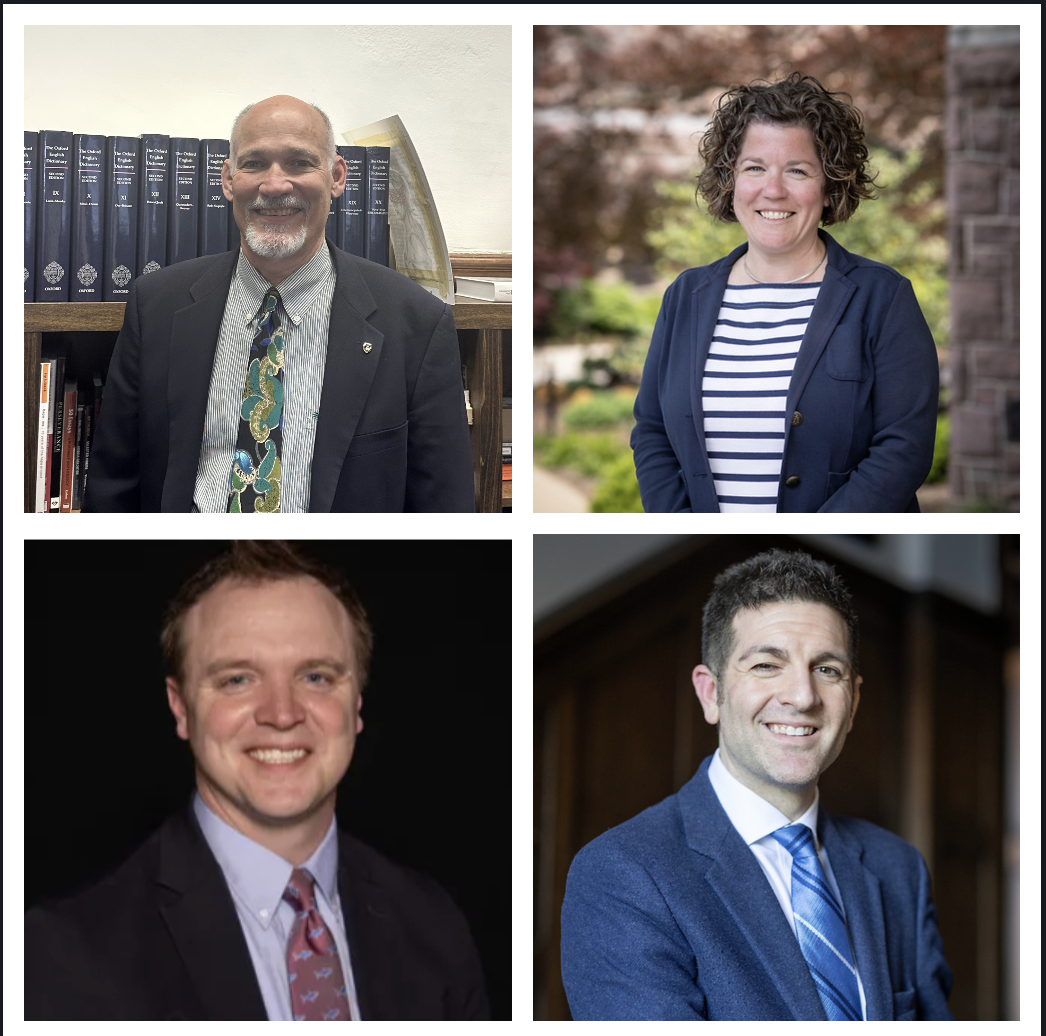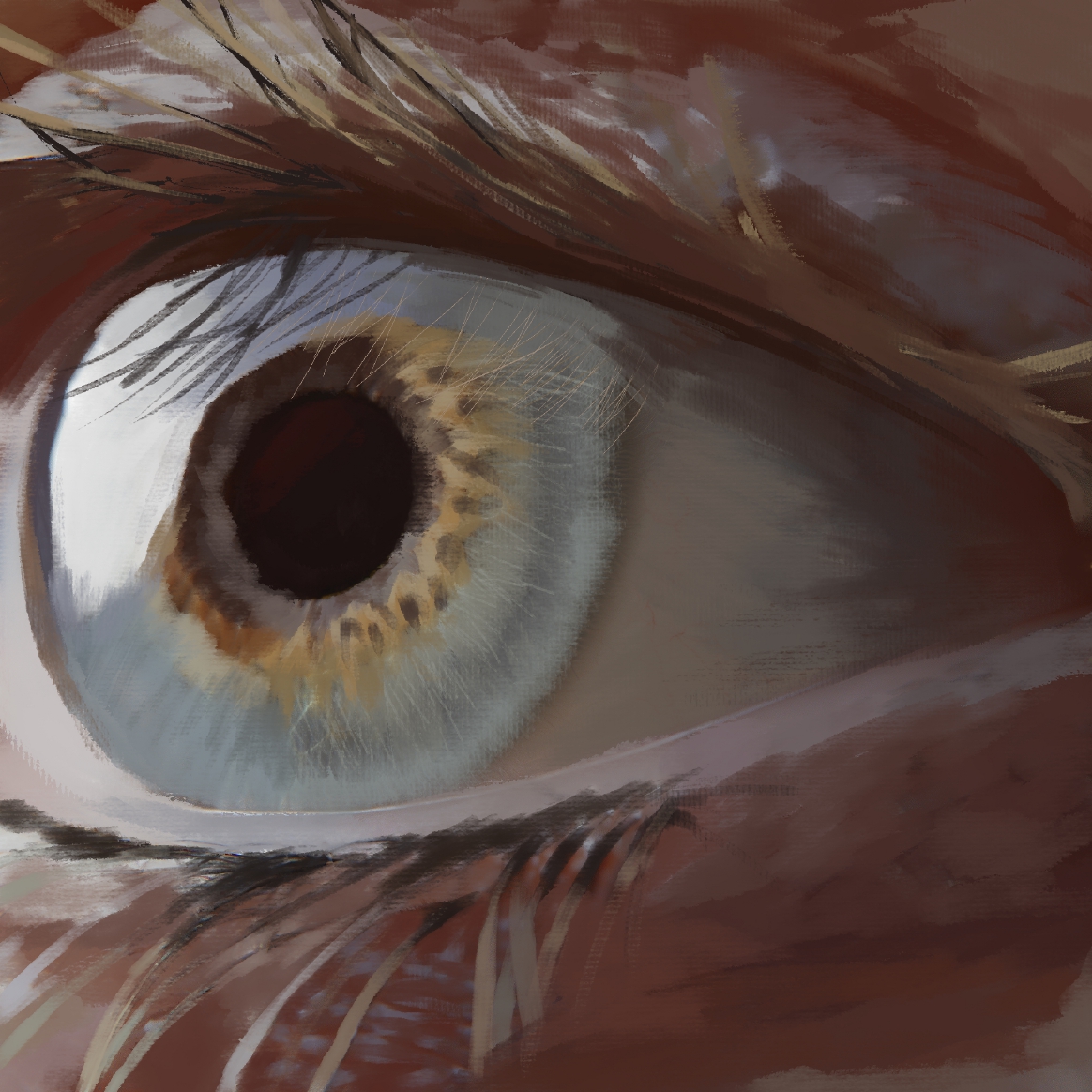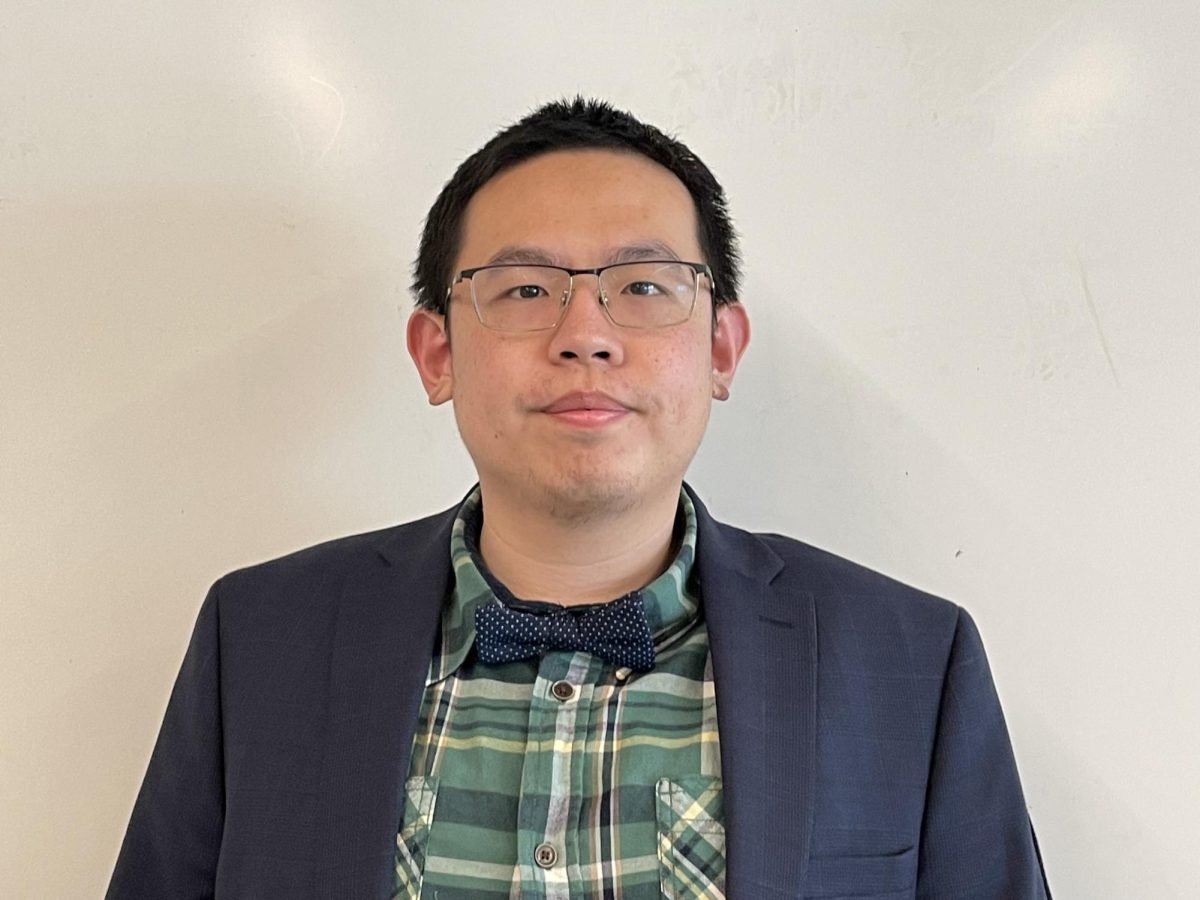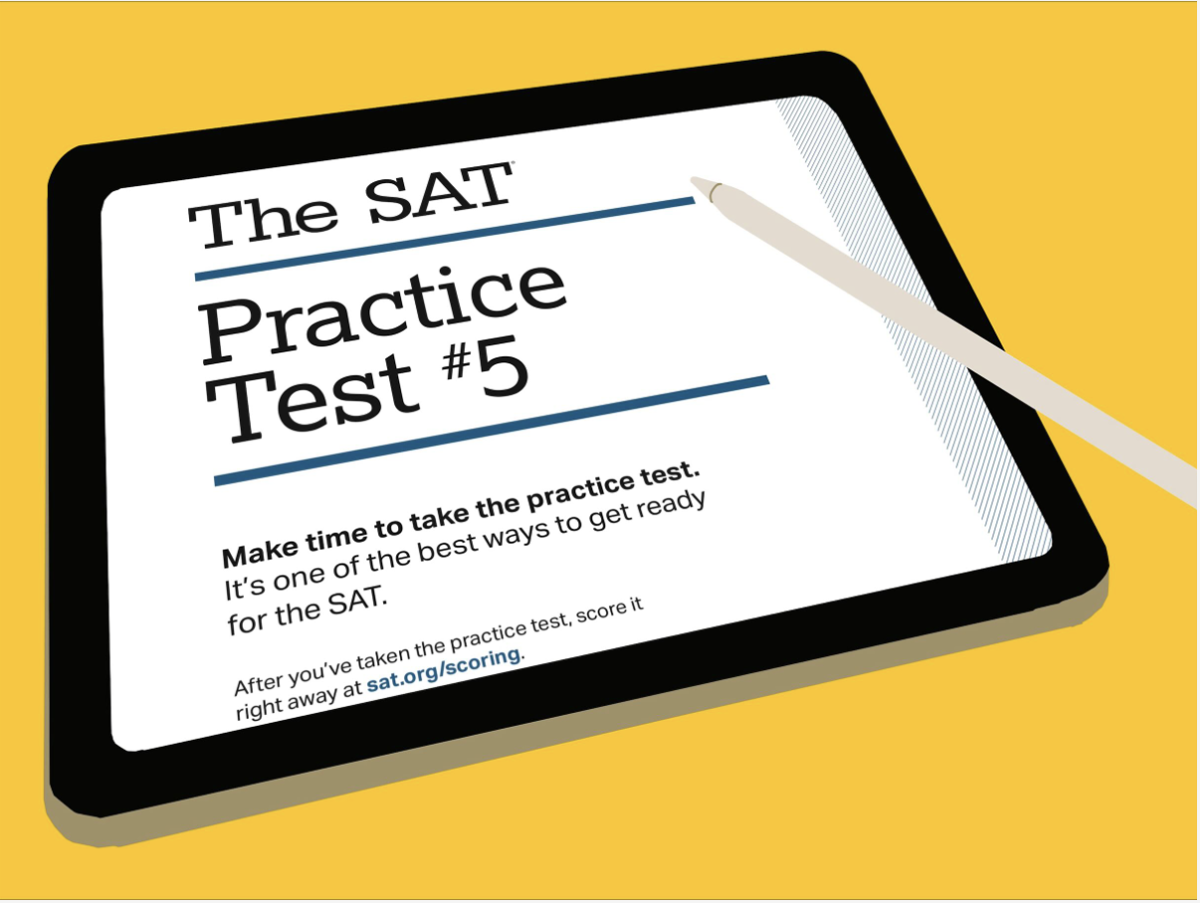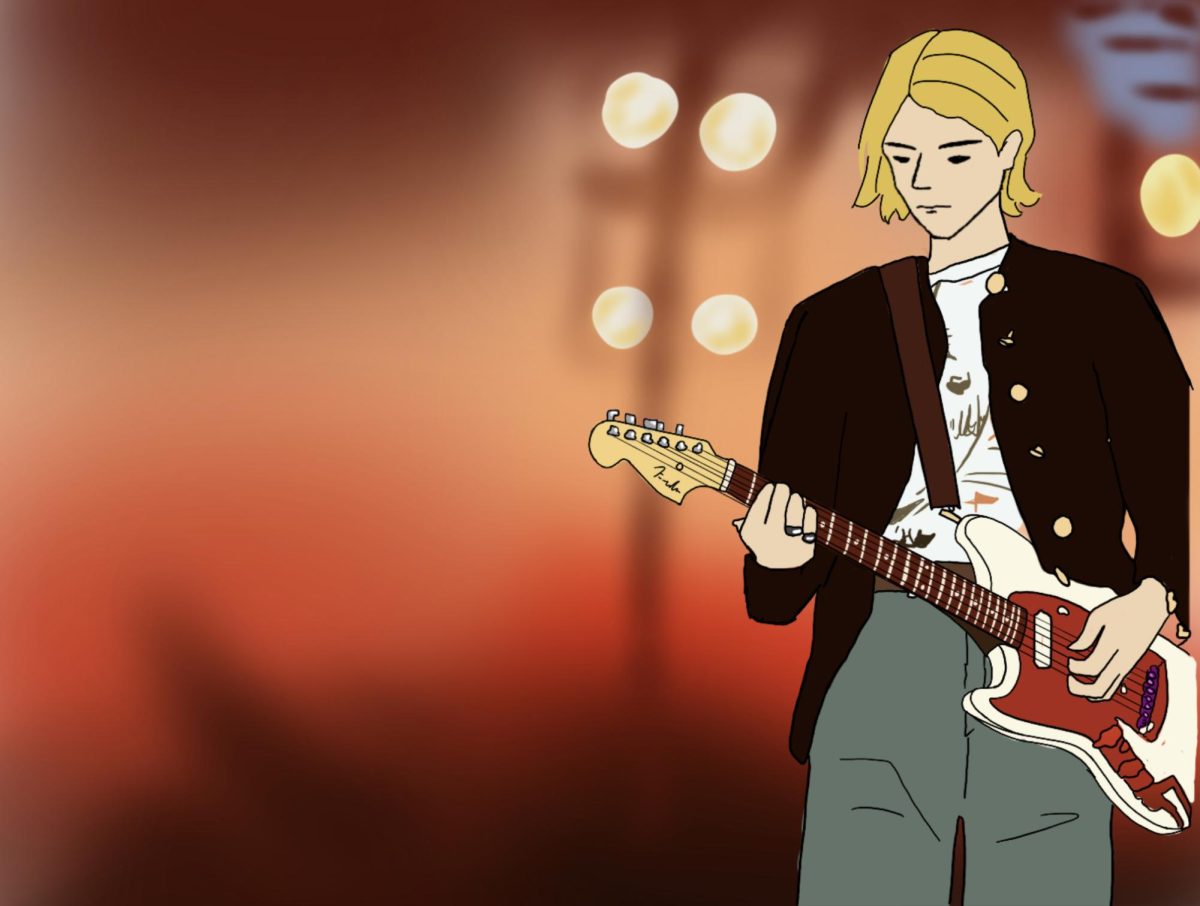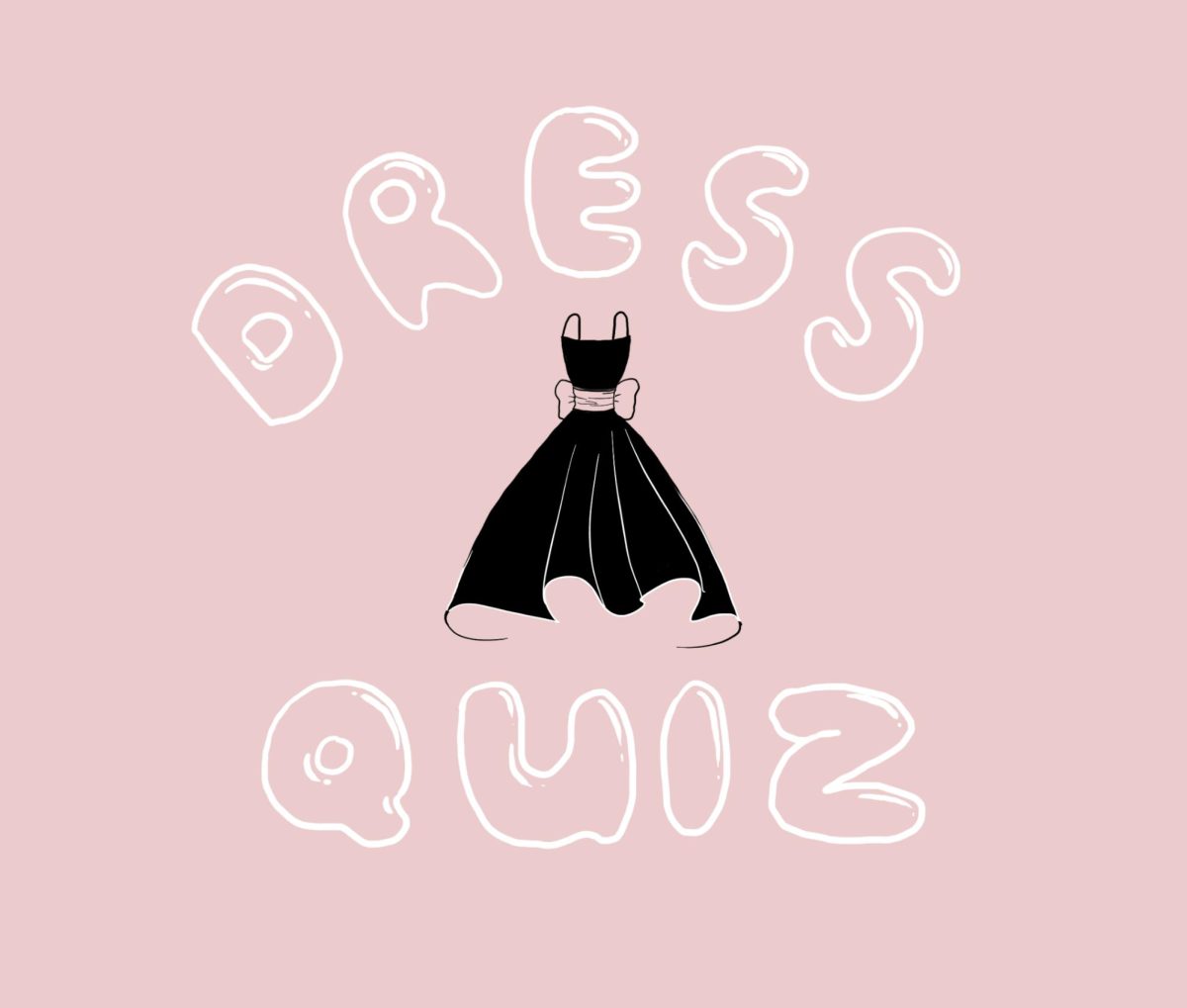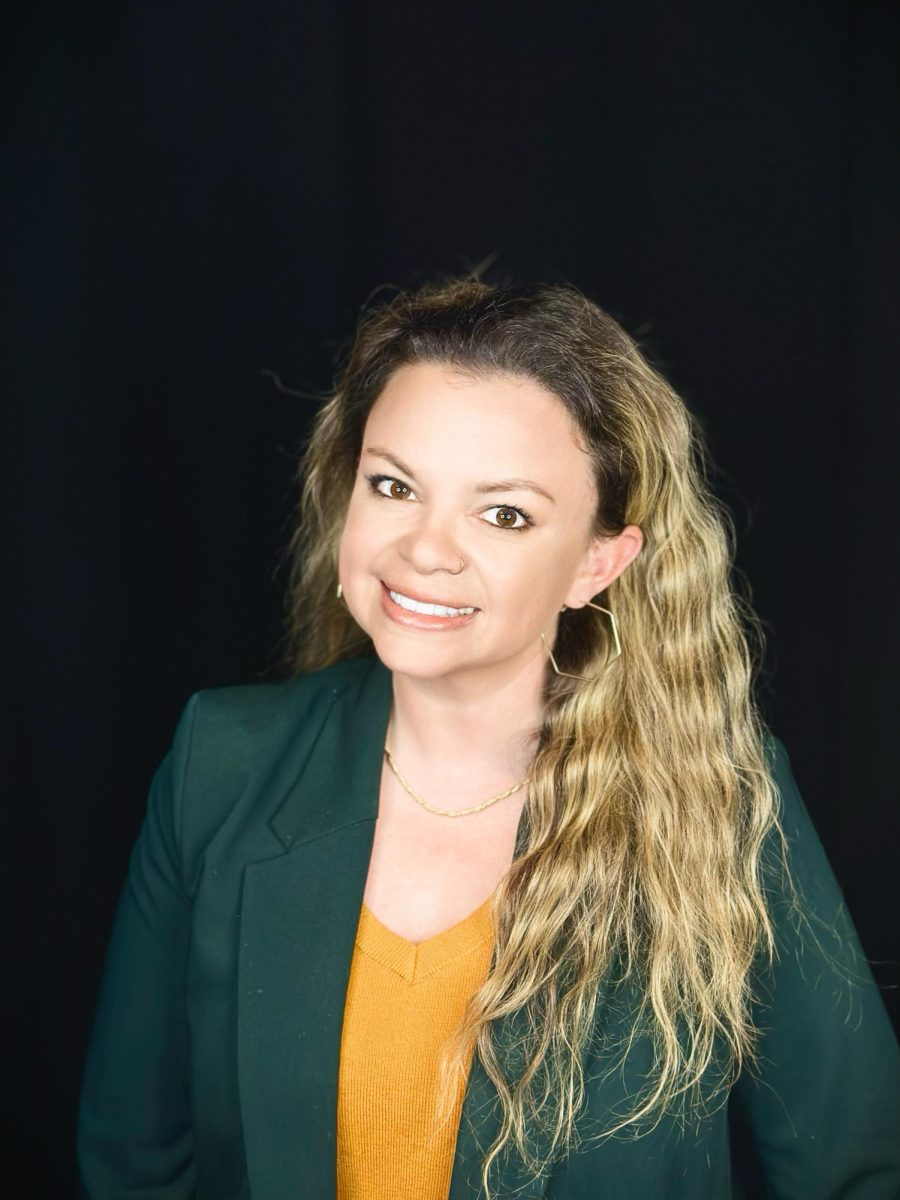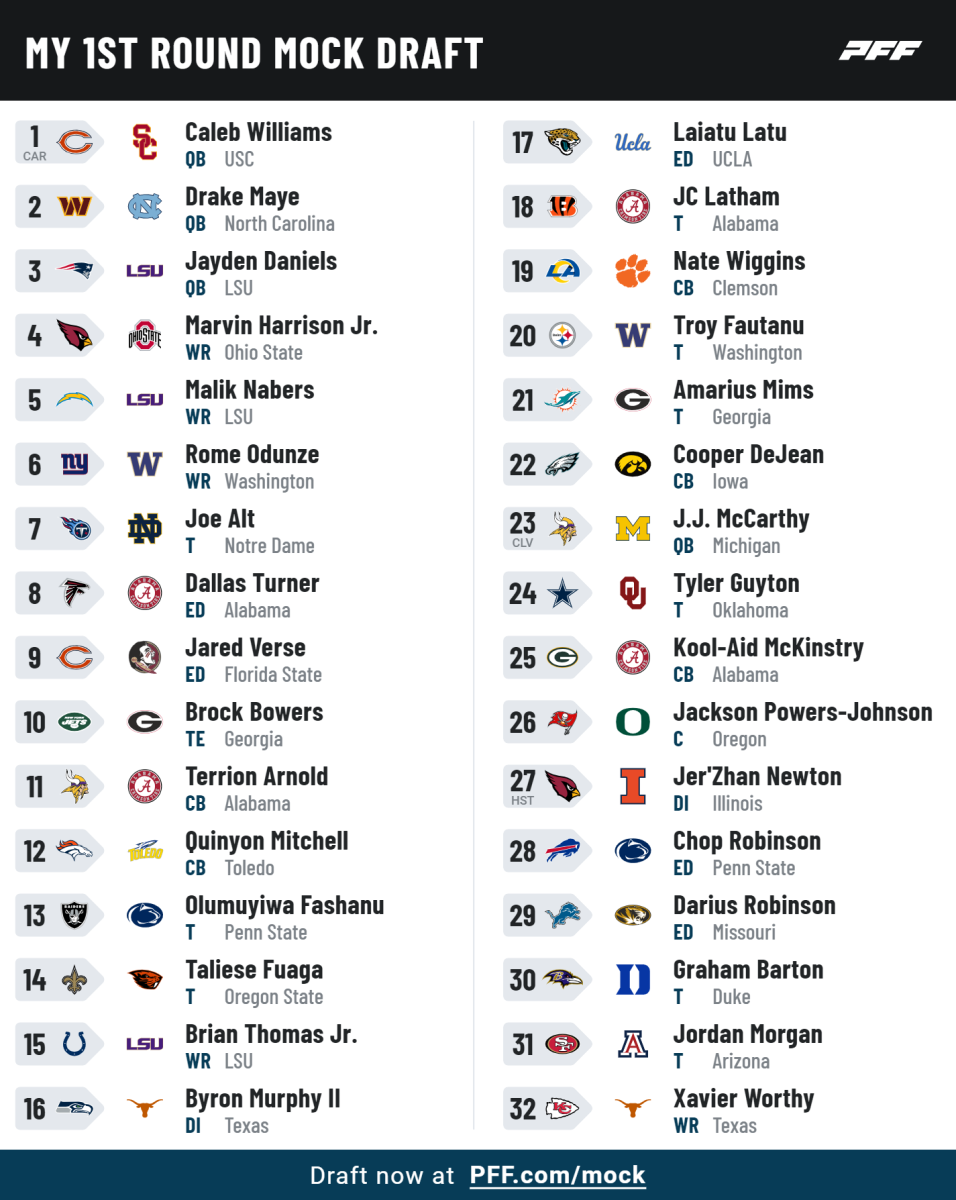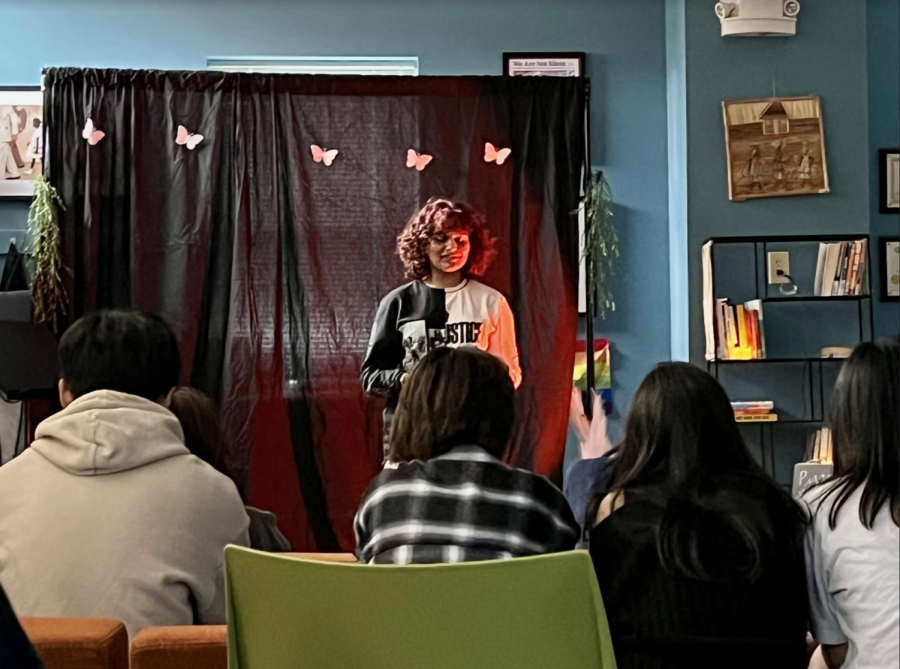DEI’s Inclusion Week kicks off with Poetry Night
Media: Nicole Kwan '24
Nimala Sivakumar ’23 recites her “Pop Quiz” poem.
What is pizza plus poetry equal to? Wholesomeness! For an hour and a half, students from various backgrounds shared their own works, recited poems in their mother tongue and sang song covers to kick off DEI’s Inclusion Week.
Nimala Sivakumar ’23, the host of the event, said, “Last year, I struggled with a traumatic event in my life, and the only way I could get close to moving past it was when I wrote and performed a poem at the HASOGI Breaking the Silence open mic. I am a huge fan of spoken word poetry, and never knew how powerful it could truly feel to have control over your own freedom from past events.”
On April 3, the DEI council hosted a poetry event in the Warner Center to give students a space to express their talents and voice. Here are some of the works students shared on the night of the event:
Cici Fang ‘24 performed the Chinese poem “To the Oak Tree” by Shu Ting. Written about the love between an oak tree and a red cotton tree, which cannot survive in the same climate, it symbolizes love in spite of differences. The author expresses his hope not to overshadow the achievement of the other but to endure hardships together, stating his wish to “share the chills, the storms, and the lightnings.” Fang explained that the writer intended to motivate readers to be brave enough to fight for love even though true love is hard.
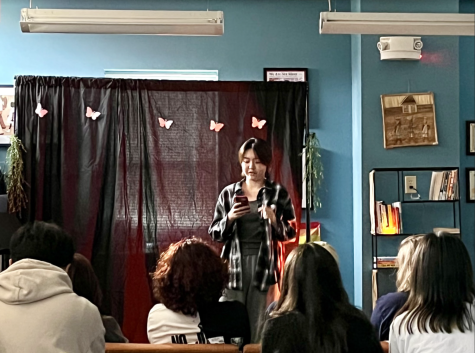
Performing in Spanish, Ethan Ambrossi ‘23 recited the poem “My Tree Had,” which follows the story of a tree with branches made of gold. “Today it doesn’t have dreams / the tree is quiet / the tree is small.” Ambrossi explained that this poem holds important meaning to many in the audience as it reminds readers to not be caught up in others’ lives and their achievements but instead to focus on our own trees, as they are also made of gold.
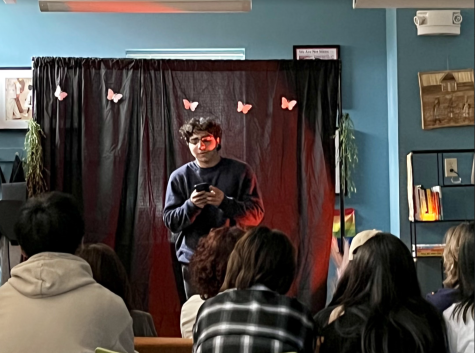
Khoa Cao ‘23 explained that, despite the seeming simplicity of his poem, it has a very deep meaning; often, people are too focused on complexity, brainwashed and stuck in the mindset that the harder things are, the better. Cao elaborated that this poem reminds us of how ultimately poetry and literature are made to express feelings and thoughts: “I miss my date with spring / as the days of childhood stuck by,” the poem states, going on to say: “The unfinished love in my arms … for nightly tears.” Cao also stated that it is more important to allow people with different educational backgrounds and degrees to resonate with a piece and to connect with one another than to present something in complicated language.
Casey Li ’23 performed a tribute song written by Béla Kovács in dedication to composer Manuel de Falla, who is known for his exciting Spanish, dance-like rhythms and folk melodies.
The poem “Pop Quiz,” written and performed by Sivakumar, was delivered in the format of a pop quiz. Through a simple delivery method, the poem touches upon many complex issues mostly revolving around concepts of mental health.
Sivakumar explained that this poem reflects the ugliness and devious aspects of society and how suffocating it can be when self deprecation meets discouragements, especially when one is trying so hard to take a breath, but all one’s head is saying is, “You’re living proof of ‘deserving misfortune.’” The poem states: “Instead, you break cameras / fracture mirrors / poison whoever comes too close to you.”
Sivakumar noted, “Though Hill emphasizes its feeling as a family, sometimes family can drift apart, and poetry night intends to forge those bonds between our community again as they witness art in motion.”

